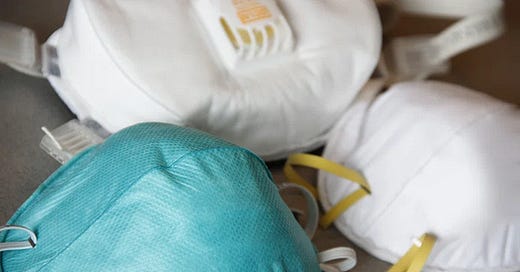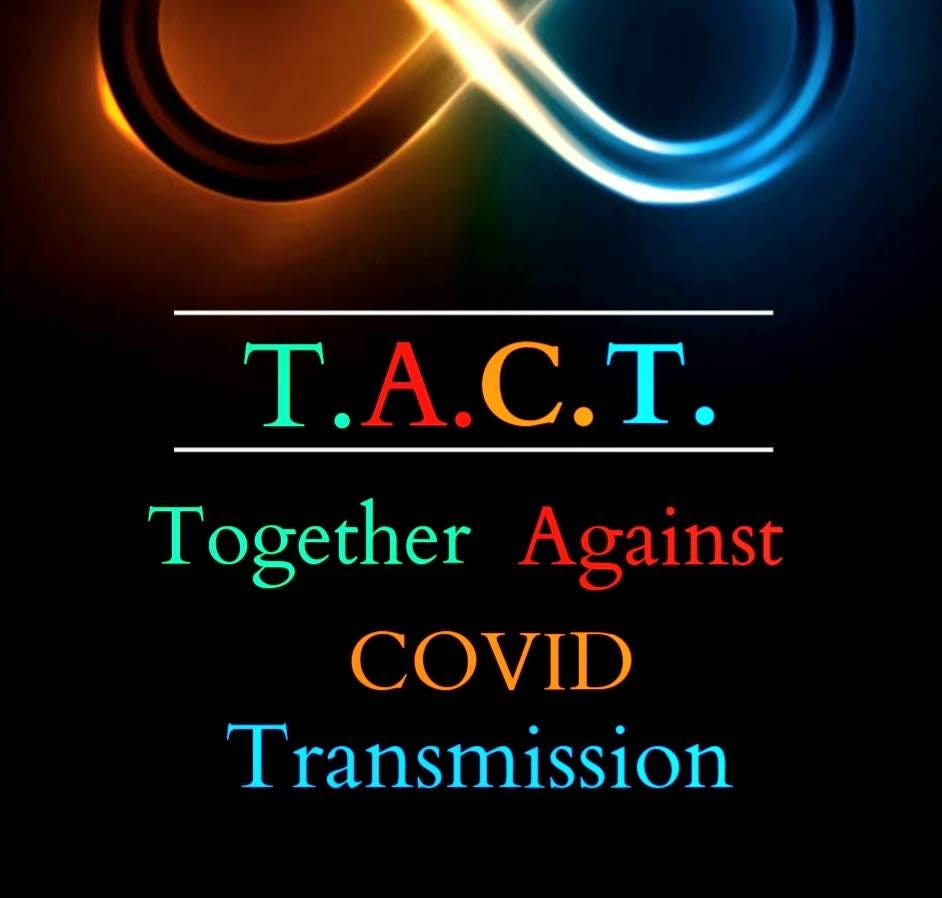The Mask Debate: Courts Draw Line Between Speech and Safety
“We thus agree with the District Court that her refusal to wear a mask was not constitutionally protected.”
On February 5th, 2024, the 3rd Circuit Court of Appeals delivered a decisive ruling in the cases of Falcone v. Freehold Regional School District Board of Education and Murray-Nolan v. Cranford Board of Education. The court unequivocally rejected claims asserting that New Jersey residents' refusal to wear face masks at school board meetings during the COVID-19 outbreak constituted protected speech under the First Amendment.
In its decision, the court addressed lawsuits against officials in Freehold and Cranford, New Jersey, filed by George Falcone and Gwyneth Murray-Nolan, respectively. These suits alleged retaliation by school boards due to the plaintiffs' refusal to wear masks during public meetings.
Murray-Nolan, known for her skepticism toward masking efficacy, attended an early 2022 Cranford school board meeting without a mask when masks were still mandated. At the board's subsequent meeting less than a month later, she was arrested on a defiant trespass charge for attending without a mask. Murray-Nolan appealed the lower court's decision, which found probable cause for her arrest due to non-compliance with mask mandates. The Appeals Court decision, says, “Murray-Nolan knew she was violating a well-publicized masking policy and could not attend the Board meeting without a mask, but she did so anyway. The police thus had ample reason to arrest her for defiant trespass.” “We thus agree with the District Court that her refusal to wear a mask was not constitutionally protected.”
Similarly, Falcone, joined by around 15 other maskless individuals, who attended a Freehold Township school board meeting on February 8, 2022, despite requirements to wear a mask, refused to comply and was subsequently issued a summons on a trespassing charge. He further alleged that a subsequent school board meeting was canceled in retaliation for his non-compliance. The district court found he lacked standing to bring the suit so Falcone appealed the decision. The appeals court is remanding the case to the lower court for further proceedings consistent with their opinion. The appeals court also said, “This is not to say, of course, that Falcone’s claims are likely to survive.”
Despite the varied outcomes in these cases—where one was remanded to a lower court for further consideration and the other upheld the lower court's decision—the overarching ruling emphasized that refusing to wear a mask during a public health emergency does not constitute protected speech under the Constitution.
This ruling underscores the court's stance on the matter, asserting that while individuals may hold dissenting views and express them through various means, disobedience of masking requirements does not fall within the realm of constitutionally protected speech.
While the immediate repercussions of this ruling may not be felt in the absence of a declared public health emergency, its significance lies in the preparation for potential future crises. Having this legal precedent established ensures that the necessary measures can be swiftly implemented should another public health emergency be declared. It serves as a vital tool for policymakers and authorities to effectively address and mitigate such situations in the future.






